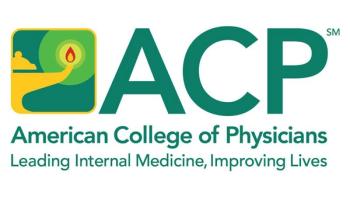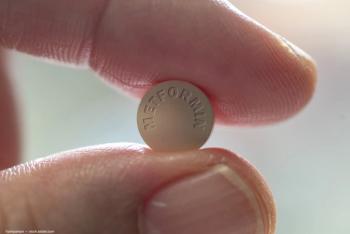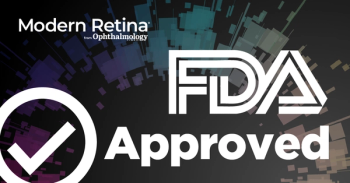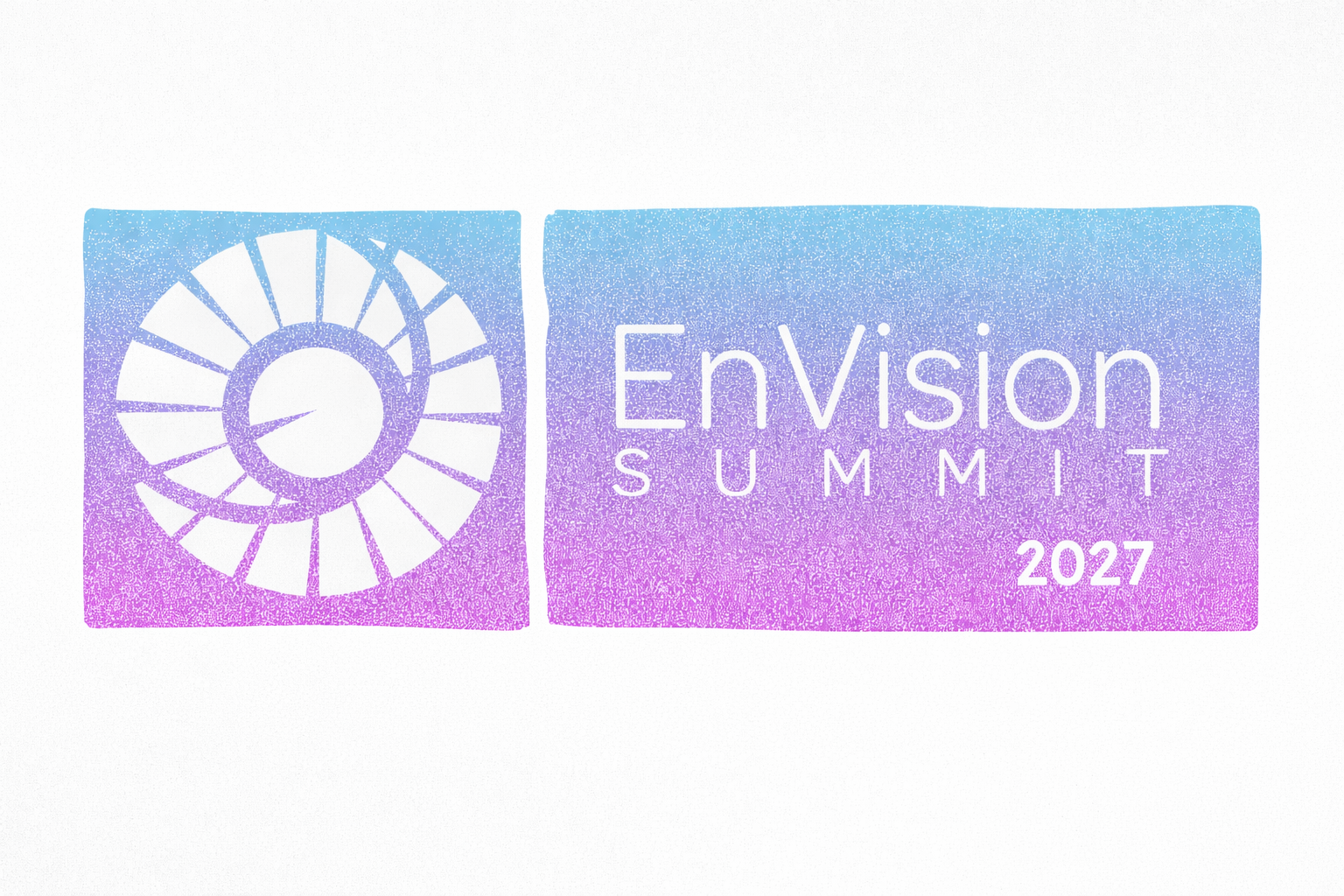
First FDA-approved ophthalmic biosimilar ranibizumab-nuna launches in the United States
Biogen and Samsung Bioepis announce the launch of ranibizumab-nuna and detail when the ophthalmic biosimilar will be available for retina specialists.
Ranibizumab-nuna (Byooviz, Biogen), a biosimilar referencing ranibizumab (Lucentis, Genentech) launched in the United States today, as announced by Biogen Inc. and Samsung Bioepis Co., Ltd. It will be commercially available on July 1, 2022, via major distributors across the US, but promotional activity, healthcare provider engagement, and patient advocacy group collaborations have already begun.
According to the companies, ranibizumab-nuna will be commercially available through major distributors across the United States, with a list price of $1,130 per single use vial to administer a 0.5mg via intravitreal injection.
Approved in September of 2021, ranibizumab-nuna is the first FDA-approved ophthalmic biosimilar. The biosimilar is approved for the treatment of neovascular age-related macular degeneration (AMD), macular edema following retina vein occlusion (RVO) and myopic choroidal neovascularization.
"The launch of BYOOVIZ, the first ophthalmology biosimilar in the U.S. marks a key step towards increasing options and reducing the financial burden associated with current anti-VEGF treatments," Christopher Hansung Ko, President and Chief Executive Officer at Samsung Bioepis, said in a press release. “The priority of Samsung Bioepis is ensuring patients’ access to the medicines they need, and we will continue to advance our pipeline to bring better access to biologic treatments, by leveraging our decade of experience in developing, manufacturing, and commercializing these important biologics.”
The FDA based its approval of ranibizumab-nuna on the phase 3 results of the AMD study (NCT03150589) in which SB11 was evaluated for treating nAMD.
In the randomly assigned, double-masked, parallel group, multicenter trial, 705 patients were enrolled; 634 patients completed the study out to week 52. The biosimilar product was compared with reference ranibizumab.
Biosimilars are products that have similar efficacy and safety profiles to the original. A major difference between the original ranibizumab and the biosimilar is that the latter is considerably less expensive.
While neovascular (wet) AMD is less common than dry AMD, it is responsible for the majority of the severe vision loss associated with AMD.1 Wet AMD has been traditionally treated with anti-VEGF therapy, but high costs often challenge optimal clinical outcomes.2 Biosimilars may alleviate some of the financial burden associated with current anti-VEGF therapies.
Ian Henshaw, senior vice president and global head of Biosimilars at Biogen, noted in a press release that the launch of ranibizumab-nuna in the United States is “an important moment for patients, healthcare providers, payers, and the entire healthcare system.”
“Patients suffering from retinal vascular disorders now have a more affordable treatment option,” Henshaw said in a statement. “Our research with physicians shows cost is cited as a leading barrier to patients initiating treatment, with one third of patients unable to afford medication.”
Henshaw also noted that ranibizumab-nuna has the potential to expand access to patients suffering from retinal disorders that can result in permanent vision loss, while also saving the U.S. healthcare system billions of dollars.
According to the companies, ranibizumab-nuna is the first biosimilar launch in the U.S. under the Biogen and Samsung Bioepis partnership.
In addition to the U.S., ranibizumab-nuna was also approved as the first ophthalmology biosimilar in Europe (2021), the United Kingdom (2021), and Canada (2022).
The companies also noted that the Biogen and Samsung Bioepis commercialization agreement includes two ophthalmology biosimilar candidates, ranibizumab-nuna and SB15, a biosimilar candidate referencing aflibercept (Eylea, Regeneron Pharmaceuticals). Samsung Bioepis is responsible for development, regulatory registration, and manufacture of the products, while Biogen is responsible for commercialization.
The place of biosimilars
In commenting on the relevance of the product’s approval to the ophthalmic community, Se Joon Woo, MD, PhD, a professor in the Department of Ophthalmology and director of the Medical Device Research and Development Center at Seoul National University College of Medicine and Seoul National University Bundang Hospital in South Korea, explained that the FDA approval for the first ophthalmic biosimilar has significant importance because ophthalmologists are new to biosimilars.
Ophthalmologists have confidence in FDA-approved products, and the fact that it is FDA-approved gives us confidence that the treatment can be used safely and effectively in patients with ophthalmic conditions, just the same as reference ranibizumab.
Moreover, there are various anti–vascular endothelial growth factor therapies and other biologic agents that are used to treat ophthalmic conditions, and I think there is a growing anticipation for the next ophthalmology biosimilars including biosimilars for aflibercept that are currently in development and will be introduced in the coming years.
References
1. American Academy of Ophthalmology. Age-Related Macular Degeneration Preferred Practice Pattern Available at: https://www.aaojournal.org/article/S0161-6420(19)32091-3/fulltext . Accessed June 2022.
2. Wykoff et al. Optimizing Anti-VEGF Treatment Outcomes for Patients with Neovascular Age-Related Macular Degeneration. J Manag Care Spec Pharm, 2018 Feb;24(2-a Suppl):S3-S15. https://doi.org/10.18553/jmcp.2018.24.2-a.
Newsletter
Keep your retina practice on the forefront—subscribe for expert analysis and emerging trends in retinal disease management.




























